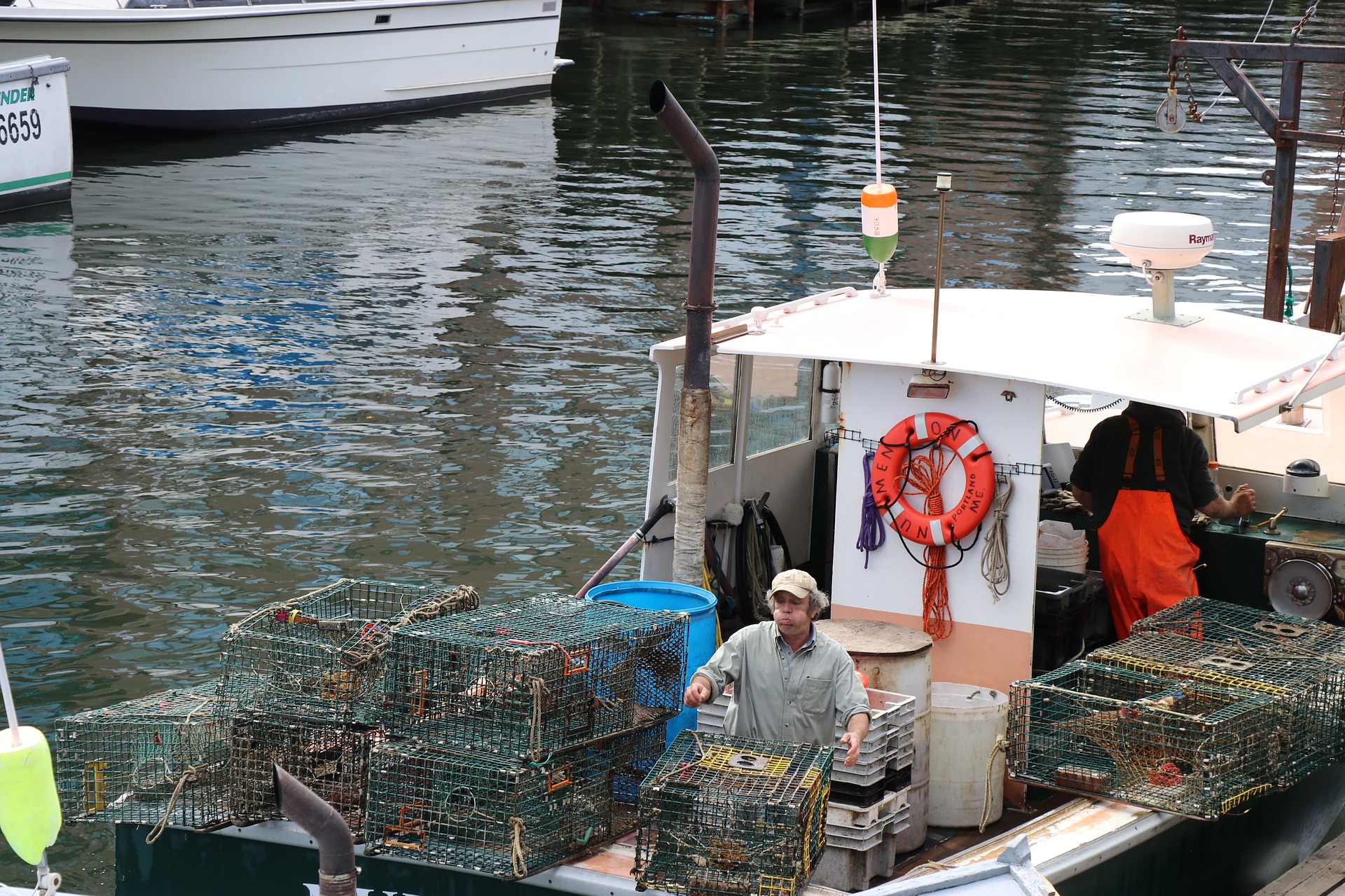Big ocean changes are happening, but global trends may not accurately represent what happens in coastal regions. With support from the National Center for Atmospheric Research (NCAR), UConn marine scientist Samantha Siedlecki’s research aims to help address this gap in knowledge.
Through a new NCAR program launching this summer, Siedlecki will couple global models with regionally refined systems so that coastal communities can better predict what biogeochemical changes their waters might face in the future. Her NCAR project focuses specifically on coastal biogeochemistry and health metrics relevant to marine resource management on the Northeast Atlantic shelf.

“The majority of coastal areas have experienced significant changes in ocean conditions like temperature, salinity, oxygen, and ocean acidification metrics like pH over recent decades,” says Siedlecki. “Developing a predictive capacity in coastal regions is critical to enable coastal communities to plan for their vital marine resources over the coming decades, and I’m thankful to NCAR for the opportunity to continue my work in this area.”
Siedlecki was one of nine early career faculty members from U.S. universities who will conduct interdisciplinary research into the impacts of climate change and natural hazards on U.S. coasts through the Early Career Faculty Innovator Program. As part of their fellowship, NCAR scientists will partner with faculty who have expertise in a broad range of disciplines outside NCAR’s core programs, from anthropology and geography to environmental design and civil engineering. Each faculty member will bring a graduate student to assist with research.
The program’s goal is to learn more about potential weather and climate threats and help build greater societal resilience. With storms, flooding, and other weather and climate disasters taking a more expensive toll on the world’s growing population, scientists are increasingly focused on understanding the far-reaching impacts of natural hazards on society.
“This further amplifies the benefit of NCAR research to society,” said NCAR Director Everette Joseph. “When we can connect our science on weather and climate with experts in social sciences, we’re leveraging knowledge in ways that can provide actionable information for decision-makers.”
The National Science Foundation will fund the faculty members and graduate students for a two-year period. Faculty members will have summer sabbaticals at NCAR, while graduate students will get year-round funding.
“This program creates a space for convergence research, bringing together scientists across multiple disciplines to better understand the impacts of environmental change on society,” said Rebecca Haacker, director of NCAR Education and Outreach. “The participating faculty are researching important topics such as human security, health, and marine resource management.”



